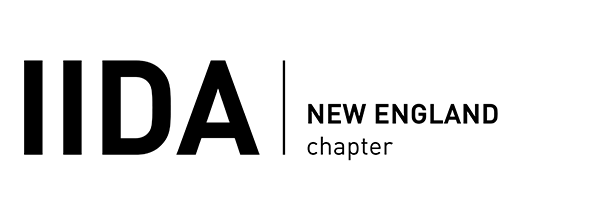|
 |
Why license Interior Design?...to provide accountability for consumers ...to enable Interior Designers to act as primary contractors on jobs and eliminate the need to pay architects or engineers to redraw, stamp and sign their work ...to encourage economic development by allowing a greater number of business to compete for commercial design work |
 |
How does legal recognition protect the public?It will safeguard the public by creating accountability. Consumers will know they're working with qualified, responsible professionals utilizing the latest information regarding health, safety, and welfare, and who have met specific, nationally accepted standards of minimum competency, including education (university and continuing education), experience and examination (NCIDQ). |
 |
Would regulation within the profession put non-registered designers out of business?No. Registration would be optional for those who wish to work on qualified projects. For those who want to continue practicing within the guidelines of the current legislation there would be no change. |
 |
Would legal recognition of Interior Design create unnecessary regulation?No. The registration of Interior Designers does not create any new regulation. It would allow qualified professionals to increase their scope of practice and work within an already heavily regulated industry. |

